“Success has many fathers, failure is an orphan.” – John Kennedy, after failure of Bay of Pigs.
The Barista sets the water temperature, and measures out the coffees. The grind size is set, and the equipment pre-heated, with water and diligence. The clock starts and the procession of precision rolls to the timer’s beating heart. A time to sit still, a time to stir, a time to twirl – the Barista knows everything. By the look on the audience, the Barista could well be a magician, as the theatre unfolds. I watch the brew drip, like the monsoon rain. The smell, sound and sight plant seeds of expectation, and I can’t wait to taste. The mouth waters, the tongue full with expectation.
On good days, the coffee tastes so great that everything else is forgotten. The sensory rainbow lights the fireworks on the palate, and we are plastered with joy. It’s a fine time to meditate on all the things done right to lead us to this cup.
The Battle for Credit begins with the Barista. With spotlight shining on all the intricate steps in brewing, it’s easy to be impressed. The simple act of measuring weight, time and temperature is already incredible for most people.
There is a limit to how far even a good carpenter can go with bad tools. So credit for the Barista’s work is shared with the tools used – the grinder in particular, and the Espresso machine.
What about the beans? The roaster’s work is less evident on the coffee beans at first sight. Who outside the film industry knows of Assistant Directors and Cinematographers, and their contributions to cinema? The roast profile, perfected over years, brings out the goodness in the beans, to present itself for extraction by the Barista.
In computer systems we say ‘Garbage In – Garbage Out’. The same goes to the roasting process. The roaster cannot add flavours that aren’t already present in the green coffee beans received from the farm. While the roaster is at heart a chef, this fundamental difference is of pertinence. The roaster is like an Internal Combustion Engine – can only extract the calories instrinsic in the fuel. Always, there is a small loss of calories in this process, and the best engines minimise this loss.
Further upstream leads us to the farm, where we witness the essence of creation. The goodness in good coffee is birthed in farming and post-harvest processing. These are steps so intricate with detail that even with active intent and going at full tilt, it takes years to master. This is the hardest leg of the whole chain to get consistently right.
The farm in turn is dependent on nature – the agronomical conditions that birth complexity and flavour in coffee cherries. All the goodness is born from nature, and everyone downstream works to preserve this goodness, as it hops from farmer to roaster to barista to your cup.
A good cup of coffee is like a theatre production, or a healthy human body, or a biryani. Every part, every ingredient, and every role - big or small – they all contribute to success. A slip by any one person along the way can undermine the efforts of all others. Like a cycle chain, your cup of coffee is as good as the weakest link.
It’s easy to admire the labour of the driver of a train. It’s harder to appreciate the work of a signal engineer in an outpost, waving the right flags at the right time every day for decades, whose work is only noticed when something goes wrong. We understand this, and celebrate the driver and the signal engineer with pomp.
Success indeed has many fathers.


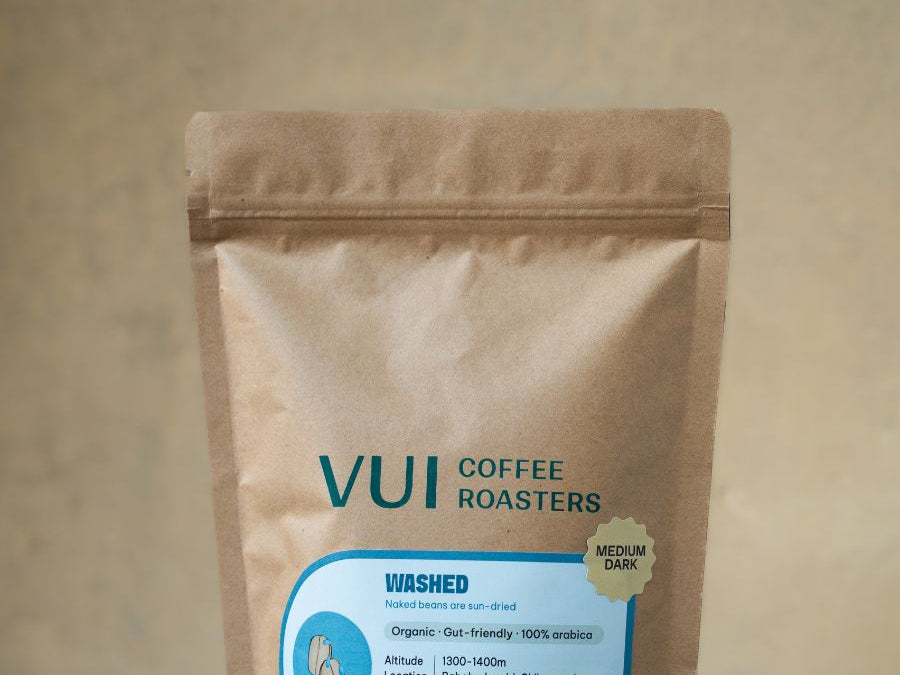
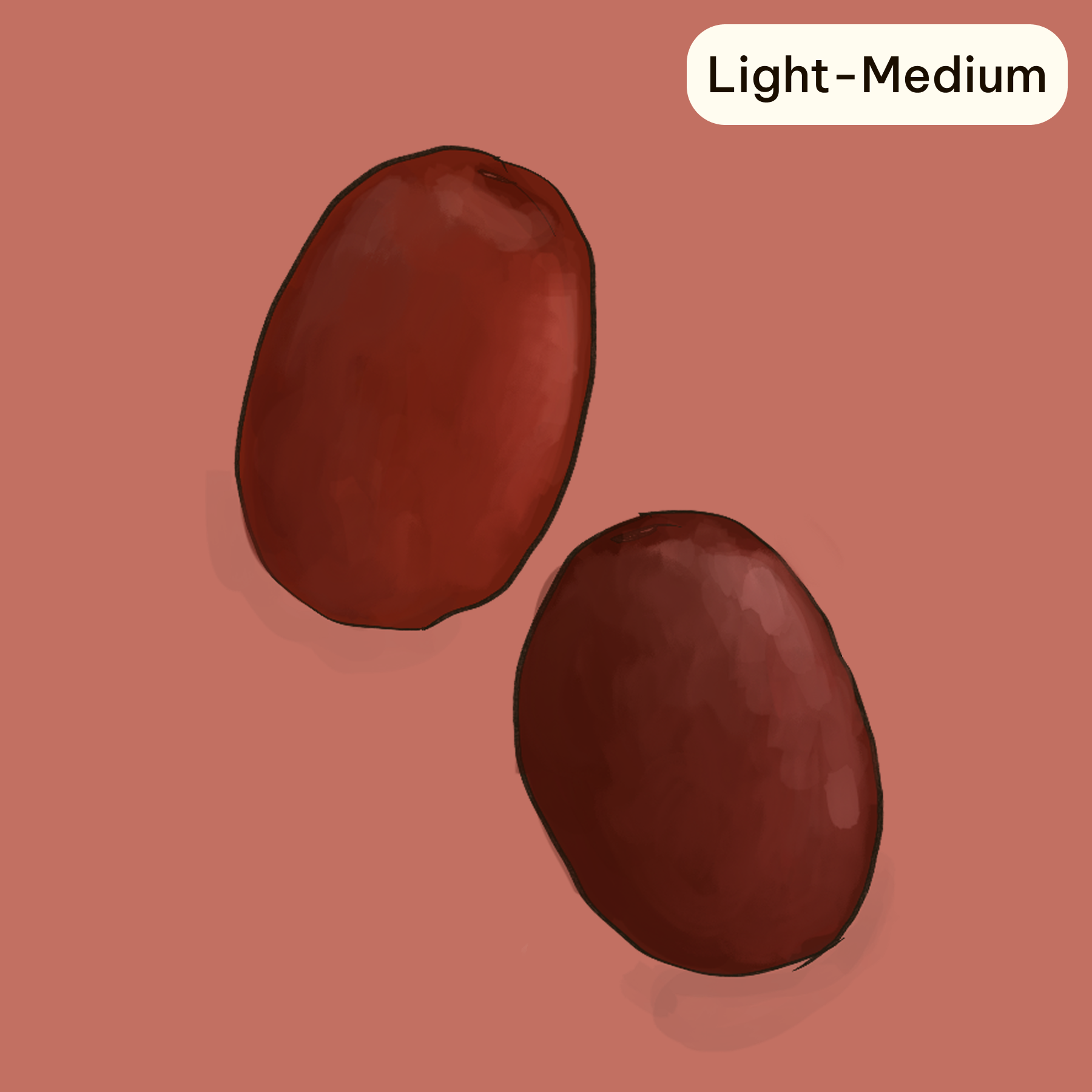
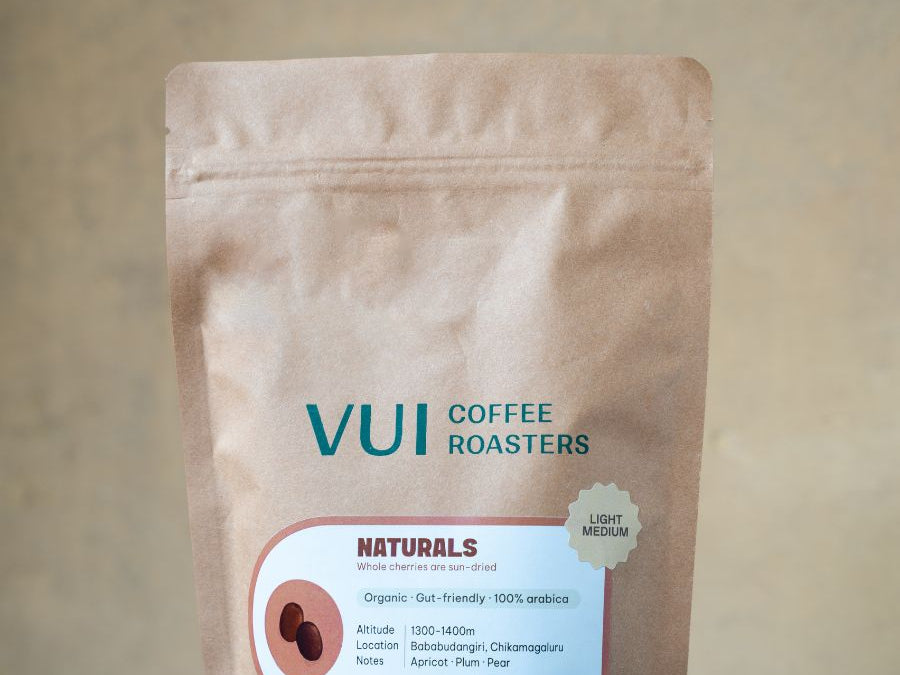
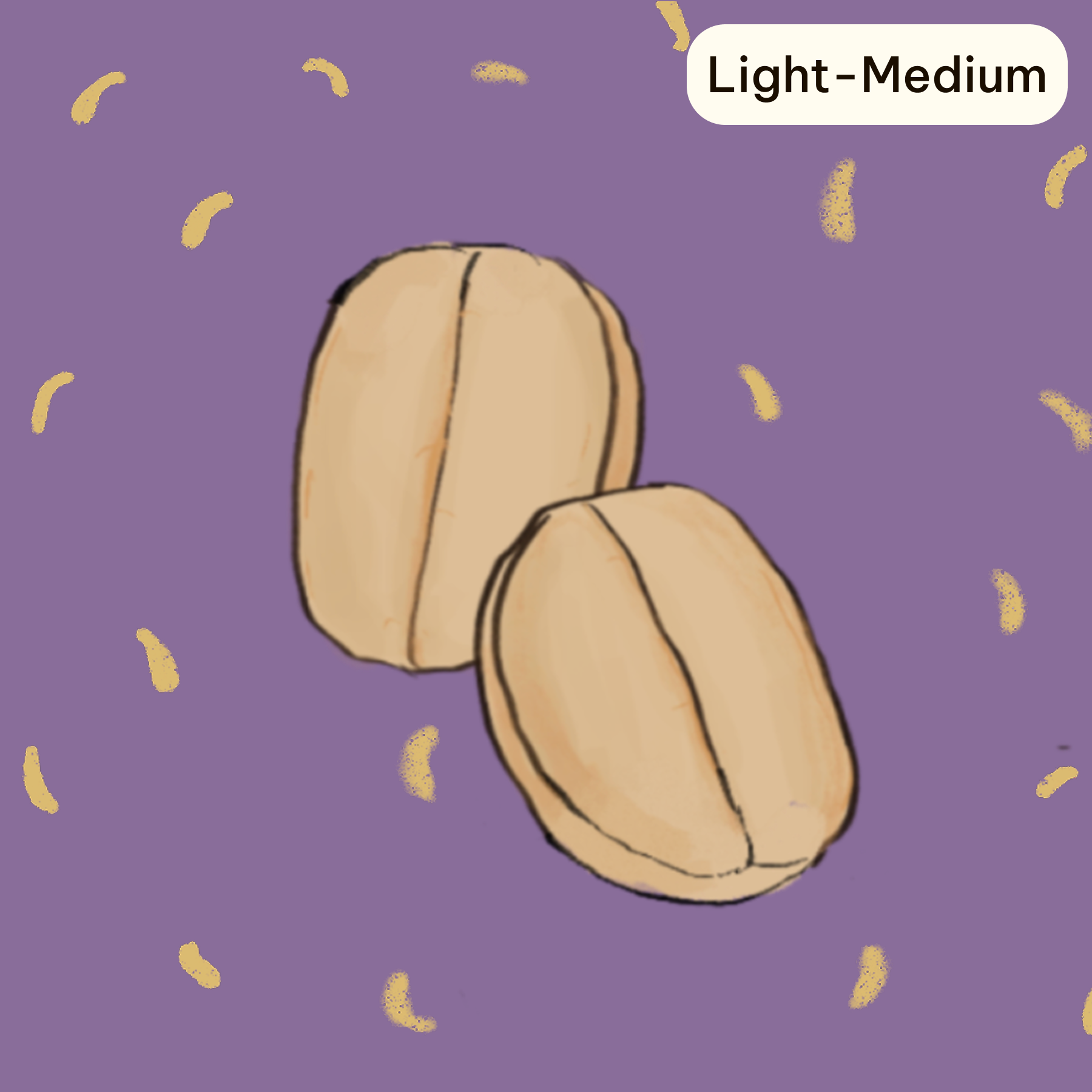
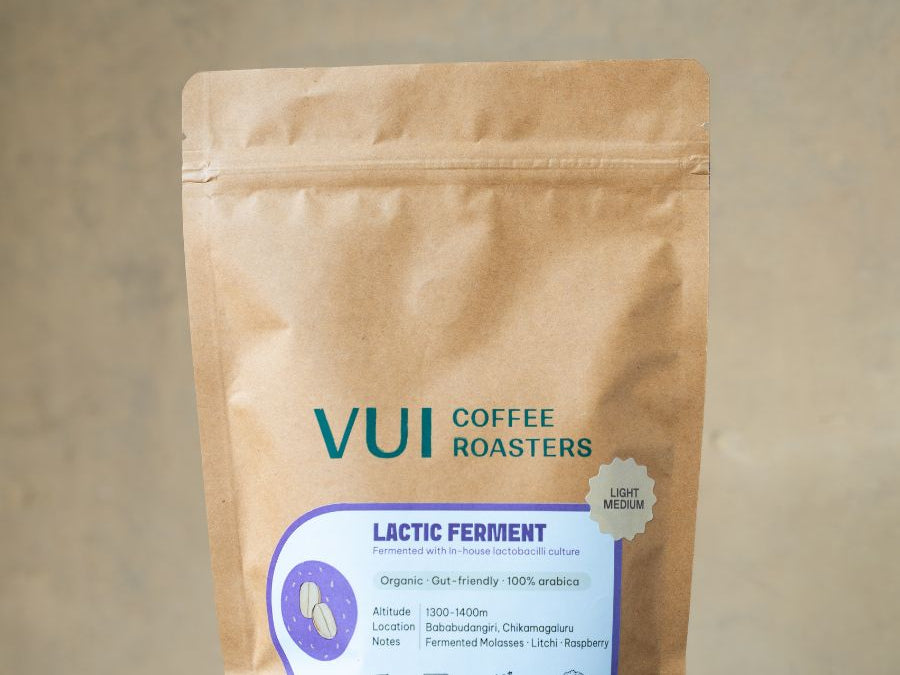
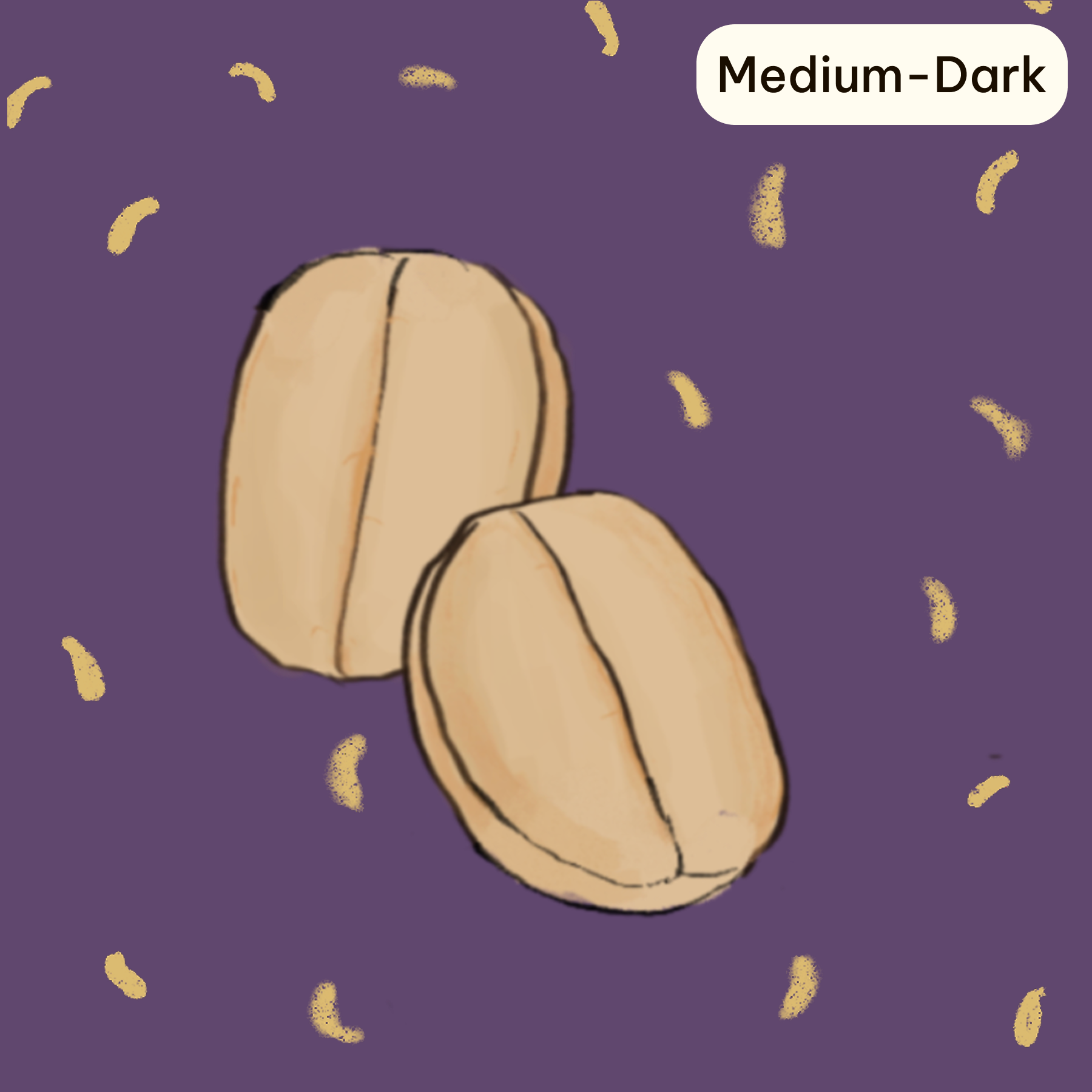
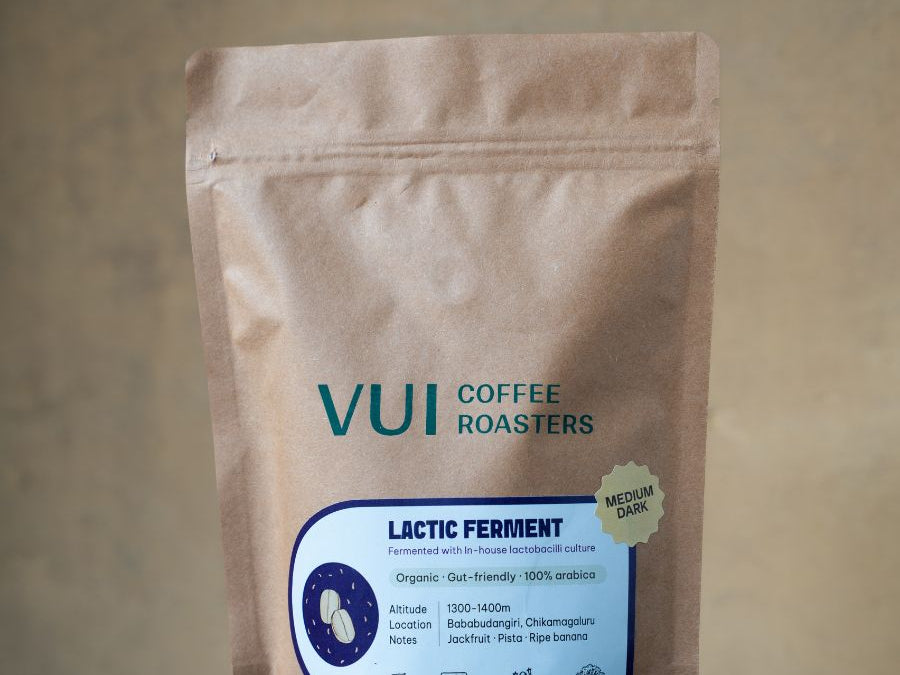


Leave a comment